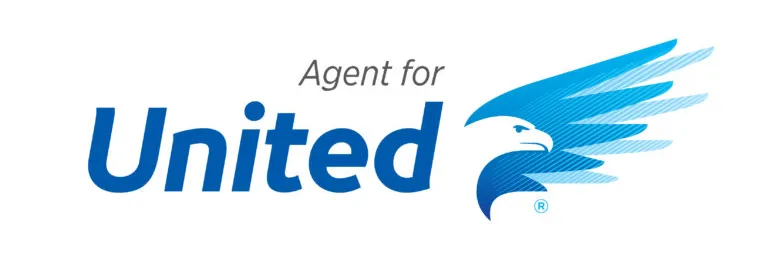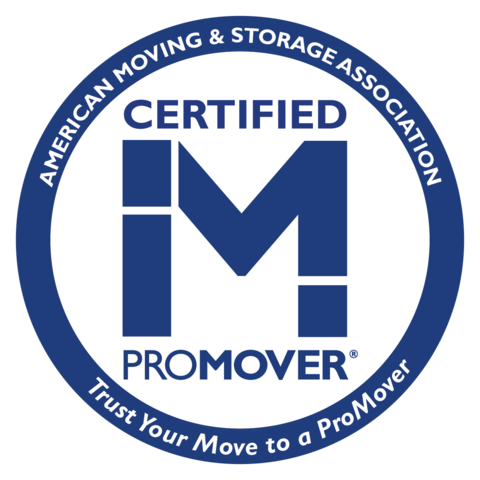METCALF MOVING BLOG
Legal Logistics: Knowing Your Moving Rights and Responsibilities
Moving involves more than just transporting belongings from one location to another—it’s a legal transaction with specific rights, responsibilities, and protections for consumers. Understanding these legal aspects before your household move protects you from potential disputes, ensures fair treatment, and helps you make informed decisions throughout the relocation process.
Know Your Rights Under Federal Regulations
The Federal Motor Carrier Safety Administration (FMCSA) regulates interstate moving companies and provides specific protections for consumers. Moving companies must provide you with a copy of “Your Rights and Responsibilities When You Move,” a booklet that outlines your legal protections. They’re also required to provide binding or non-binding estimates and cannot demand payment before delivery unless you agree to specific terms.
You have the right to receive your belongings within the agreed timeframe, and movers cannot hold your items hostage for payment beyond the agreed amount. If disputes arise, you’re entitled to a formal complaint process. Federal regulations also require moving companies to maintain specific insurance coverage and provide you with detailed information about your coverage options.
Understanding Different Types of Estimates
Moving estimates fall into three categories, each with different legal implications. Non-binding estimates provide approximate costs, but the final bill can exceed the estimate. Binding estimates lock in the total cost regardless of actual weight or time required. Binding not-to-exceed estimates set a maximum price, allowing you to pay less if the actual cost is lower.
By law, moving companies cannot charge more than 110% of a non-binding estimate at delivery, with the remaining balance due within 30 days of delivery. For binding estimates, you cannot be charged more than the agreed amount. Understanding these distinctions prevents surprises on moving day and helps you choose the estimate type that best protects your interests.
Insurance Coverage and Liability Protection
Moving companies offer various levels of liability protection, and understanding these options is essential for safeguarding valuable items. Released Value Protection, the most basic coverage, compensates you at 60 cents per pound per item—meaning a 10-pound television would only be covered for $6, regardless of its actual value.
Full Value Protection provides more comprehensive coverage, compensating you for the full replacement value of lost or damaged items. While this option costs more, it offers significantly better protection for valuable belongings. Consider purchasing additional insurance through third-party providers for high-value items that exceed standard coverage limits.
Documentation Requirements and Legal Protections
Proper documentation is essential for legal protection during your move. Take detailed photographs of valuable items before packing, maintain receipts for expensive belongings, and create written inventories. Moving companies are required to provide you with inventory sheets at both pickup and delivery. Review these carefully and note any discrepancies immediately.
Keep copies of all moving-related documents, including contracts, estimates, bills of lading, and correspondence with the moving company. If damage or loss occurs, you typically have nine months to file a claim and must receive a response within 30 days. Having thorough documentation strengthens your position in the event of disputes.
State-Specific Regulations and Local Laws
In addition to federal regulations, state and local laws may provide additional protections or requirements. Some states require specific licensing for moving companies, mandate certain insurance levels, or provide enhanced consumer protections. Research the regulations in both your origin and destination states, as different rules may apply in each.
Local moving regulations can include permit requirements for large trucks in residential areas, restrictions on moving hours, or specific licensing requirements for intrastate moves. Understanding these regulations helps you verify that your moving company operates legally and protects you from potential complications.
Resolving Disputes and Filing Complaints
If problems arise with your moving company, attempt to resolve issues directly with the company first. Document all communications and keep records of attempted resolutions. If direct negotiation fails, you can file complaints with the FMCSA for interstate moves or your state’s regulatory agency for local moves.
The Better Business Bureau also handles complaints related to moving and can provide mediation services. For serious violations or fraudulent behavior, contact your state’s attorney general’s office. Many states have specific consumer protection divisions that handle cases involving moving-related fraud and abuse.
Protecting Yourself from Moving Fraud
Moving fraud costs consumers millions of dollars annually, with common scams including extremely low estimates followed by inflated charges, demands for large upfront payments, and holding belongings hostage for excessive fees. Protect yourself by verifying the moving company’s licensing, checking references, and avoiding companies that provide estimates without conducting in-home surveys.
Legitimate moving companies provide physical addresses, proper licensing numbers, and detailed written estimates. Be suspicious of companies that demand large cash deposits, lack adequate insurance, or significantly underbid compared to other estimates. When in doubt, verify information through official regulatory websites and consumer protection agencies.
Move with Confidence and Legal Protection!
Choose a moving company that operates with complete transparency and legal compliance. Our licensed, insured professionals provide clear contracts and honest communication throughout your relocation. Contact us today for a moving experience that protects your rights and exceeds your expectations!












